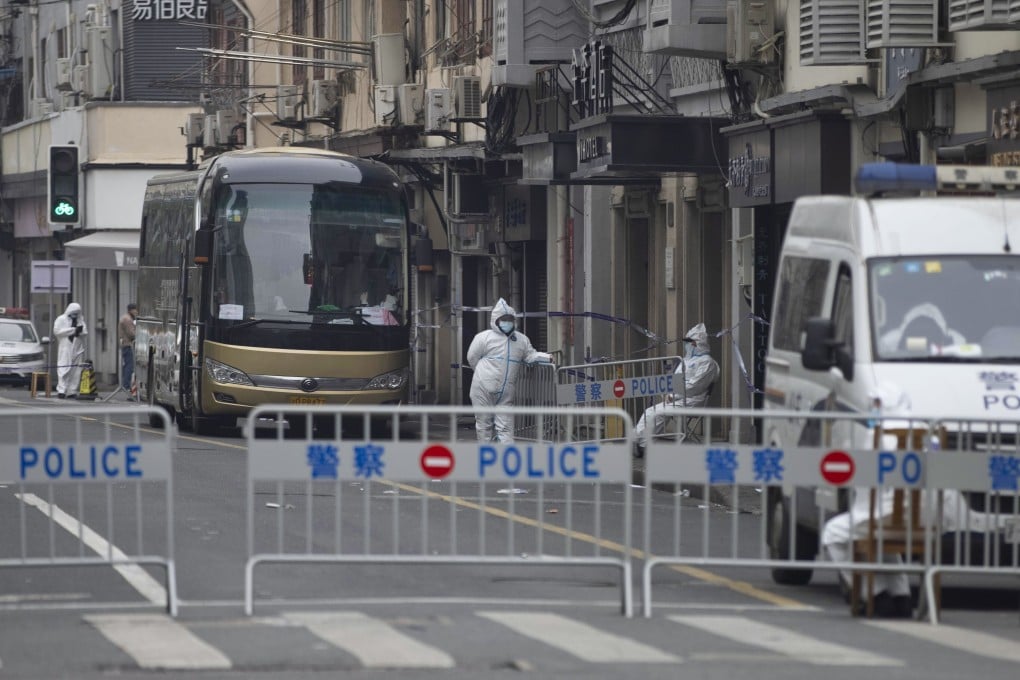China’s state-run economic model is not the answer to all future problems, despite coronavirus success, prominent economists warn
- As lives in parts of the country are upended by coronavirus control measures, authorities are being called on to adhere to higher human rights standards
- Ruthless pandemic crackdowns are said to be a reflection of how some local governments treat economic policies, resulting in poor business climates

China should be wary of relying too heavily on its state-led economic-management model and not get caught up in the belief that successfully controlling the pandemic last year is proof that the model will solve all future problems, prominent government advisers warned this week.
A number of cities, counties and districts – even some without confirmed cases – have rushed to declare they were in “wartime mode” while ordering mandatory lockdowns and nucleic-acid virus testing.
But this approach, with its intensifying bureaucracy, has deeply disrupted many people’s lives, according to the former head of research at China’s Ministry of Finance who is also a member of the Chinese People’s Political Consultative Conference – an advisory body to the central government.